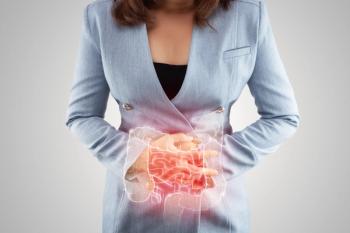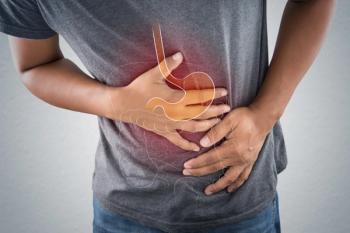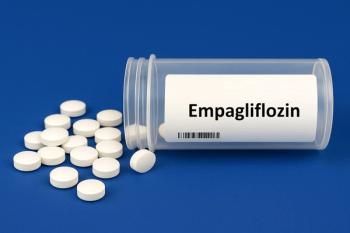
Robotic Capsule Can Help Patients Digest Vancomycin, Insulin
Technlogy could greatly improve drug absorption.
Researchers at MIT and Brigham and Women’s Hospital in Boston, Massachusetts have developed RoboCap, an orally ingestible robotic drug delivery device that, they contend, overcomes many of the challenges of the gastrointestinal environment to deliver medicine.
Here’s how it works: when ingested, RoboCap’s gelatinous coating is dissolved in the stomach. The environment of the small intestine activates RoboCap, which vibrates and rotates to clear mucus, enhance mixing, and deposit the drug “payload” in the small intestine where the drug is likely to be absorbed, Brigham and Women’s Hospital said in a news release.1
The research team tested the device in preclinical models in pigs using insulin and vancomycin, which is typically delivered intravenously, and found that RoboCap increased drug permeability greater than 20 times that of the control, they wrote in a recent Science Robotics article.2
Vancomycin concentration significantly increased in the venous mesenteric blood supply over a 60-minute period when delivered with a RoboCap, whereas control samples saw no trend. With insulin, the RoboCap “significantly increased” the bioavailability of insulin, causing a sharp decrease in blood glucose levels, and an increase in blood insulin levels, the researchers wrote.
Animals treated with the RoboCap demonstrated an average blood glucose reduction of 55.54 ± 16.1 mg/dl, whereas controls demonstrated a variance of 16.6 ± 17.3 mg/dl from baseline.
In addition, after oral or endoscopic delivery to the small intestine, RoboCaps safely transited through the GI tract of the animal without complications, perforation, or obstruction in 10 of 10 trials. “No erosion of the mucosa, inflammation, infection, or hematological complications were sustained, as observed by endoscopy…performed before and after RoboCap activity,” the researchers wrote.
“Peptides and proteins are important drugs, but the degradative environment of the gastrointestinal tract and poor absorption has limited the ability to deliver these drugs orally,” said co-corresponding author
Future studies in swine and humans should optimize the dosage for drugs to identify the therapeutic ranges via small intestine delivery. “Increasing the efficacy of orally administered drugs with poor availability can, in turn, limit dosages and thereby increase safety, compliance, and convenience and reduce cost,” the researchers wrote.
References
1. Robotic capsule developed to deliver drugs to the gut. News release. Brigham and Women’s Hospital. September 28, 2022. Accessed October 7, 2022.
2. Xia D, Wood-Yang AJ, Prausnitz MR. Clearing away barriers to oral drug delivery, Sci Robot. 2022 Sep 28;7(70):eade3311. doi: 10.1126/scirobotics.ade3311.
Newsletter
Pharmacy practice is always changing. Stay ahead of the curve with the Drug Topics newsletter and get the latest drug information, industry trends, and patient care tips.























